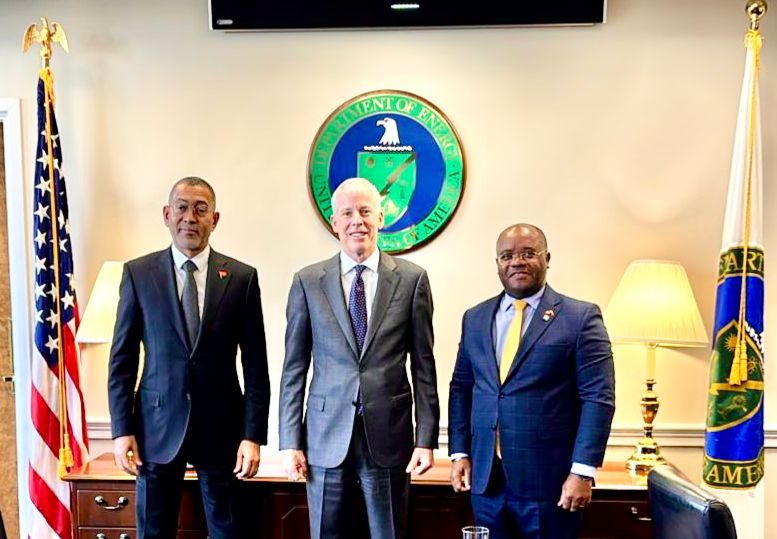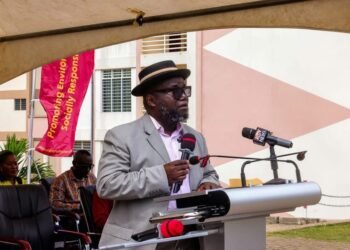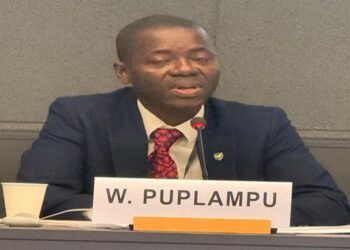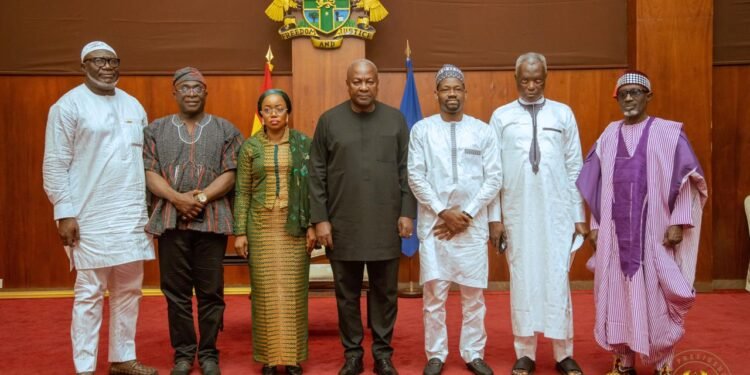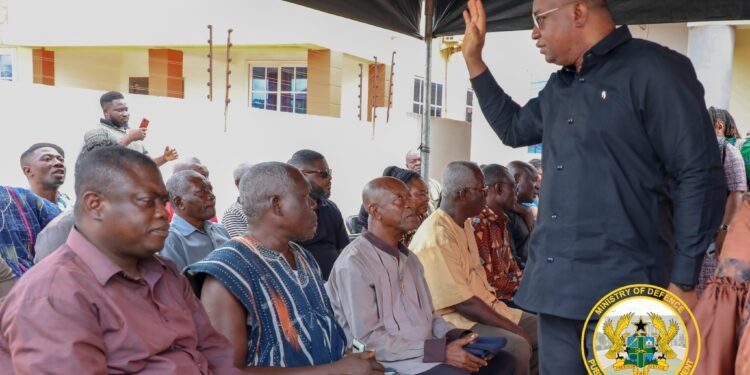Angola has reaffirmed its commitment to deepening its strategic energy alliance with the United States, following a high-level meeting between Angola’s Minister of Mineral Resources, Oil and Gas, Diamantino Azevedo, and U.S. Secretary of Energy, Chris Wright, in Washington, D.C.
The meeting was also attended by Angola’s Ambassador to the U.S., Agostinho Van-Dúnem, and highlighted a roadmap for future cooperation across hydrocarbons, critical minerals, and renewable energy.
“This meeting reflects the robust and evolving partnership between Angola and the United States.
“We are committed to working together to achieve a balanced energy transition – one that leverages Angola’s natural resources, advances technological cooperation, and contributes meaningfully to our economic transformation.”
Diamantino Azevedo, Angola’s Minister of Mineral Resources, Oil and Gas
The discussions centered on boosting upstream oil and gas exploration, expanding gas monetization projects, refining capabilities, and investing in critical mineral development, which is essential for clean energy supply chains.
With more than nine billion barrels of proven oil reserves and 11 trillion cubic feet of natural gas, Angola has emerged as a key African energy player.
Through its National Oil, Gas and Biofuels Agency (ANPG), the country has opened up over $60 billion in investment opportunities that span the full energy value chain—from exploration to midstream infrastructure.

A 2025 licensing round will introduce ten new oil blocks in the Kwanza and Benguela basins, with eleven others available for direct negotiations and five marginal field development slots open—setting the stage for American firms to deepen their footprint in Angola.
American oil giants have long been embedded in Angola’s energy ecosystem. ExxonMobil, in collaboration with TotalEnergies, recently secured a contract extension for Block 17, allowing for continued deepwater exploration in one of Angola’s most prolific oil-producing regions.
Exxon is also pushing forward with an 18-well redevelopment program in Block 15, which has already yielded 2.6 billion barrels, extending its operational lifespan by more than 20 years.
In the natural gas sector, Chevron, through its affiliate Cabinda Gulf Oil Company, is leading Angola’s push into gas-based development.
Chevron has ramped up daily gas delivery to 600 million cubic feet to the Angola LNG facility, a key export terminal in sub-Saharan Africa. Its Sanha Lean Gas Connection Project has begun supplying power plants in Soyo, demonstrating Angola’s evolving gas strategy.
Azevedo said, “Angola LNG offers a strategic entry point for U.S. firms into the global LNG market,” emphasizing the plant’s role in global energy diversification.
Chevron is also spearheading the country’s first non-associated gas project under the New Gas Consortium, expected to go online by late 2025 or early 2026.
Downstream and Midstream Infrastructure Expansion

Angola’s energy transformation extends beyond production to infrastructure. Construction is progressing on the $920 million Cabinda Refinery, with U.S. engineering firms participating in design and procurement.
Additionally, the Lobito Corridor—a U.S.-supported infrastructure initiative connecting Angola’s Lobito Port to Zambia and the Democratic Republic of Congo (DRC)—is set to become a vital channel for regional energy and commodity transport.
This corridor will boost opportunities in logistics, fuel storage, and rail-linked infrastructure, creating more entry points for American private sector involvement.
While Angola remains firmly committed to hydrocarbons, it is also exploring renewable energy pathways, including solar, biofuels, and green hydrogen.
Minister Azevedo highlighted ongoing efforts to attract U.S. capital to these ventures, with the goal of transitioning to a low-carbon economy that meets both development and climate targets.
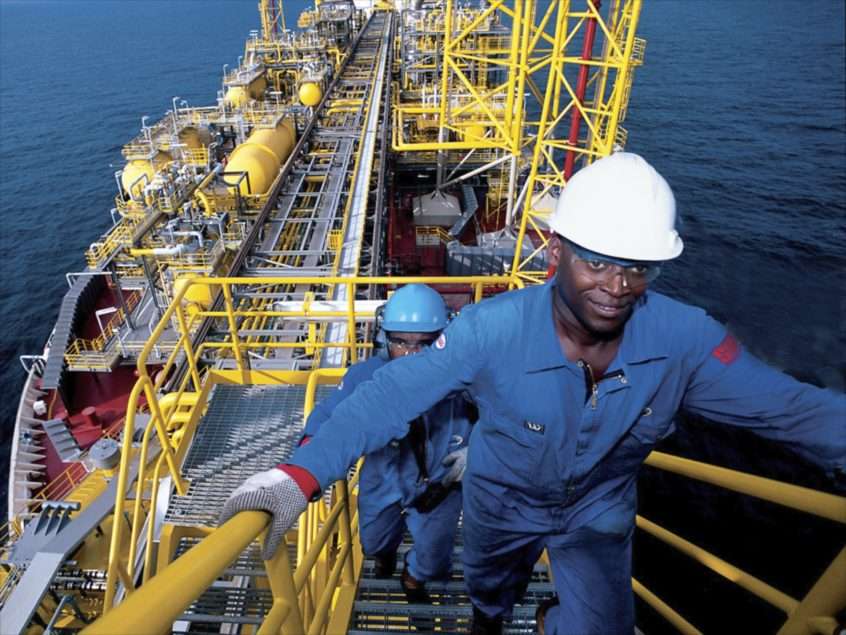
“Our aim is to modernize our energy mix and attract sustainable investment while continuing to leverage our natural resources effectively.”
Diamantino Azevedo, Angola’s Minister of Mineral Resources, Oil and Gas
The recent engagement underscores Angola’s intent to position itself not only as a leading African oil and gas exporter but also as a regional hub for clean energy technologies and critical minerals.
With both countries aligning on shared values of energy security, economic diversification, and sustainability, their partnership is poised for expansion.
The two countries will continue to hold technical and ministerial-level engagements in the coming months, as Angola prepares for upcoming licensing rounds and renewable energy tenders.
READ ALSO: Cedi to Remain Stable Against Major Currencies- Finance Minister Assures Ghanaians

